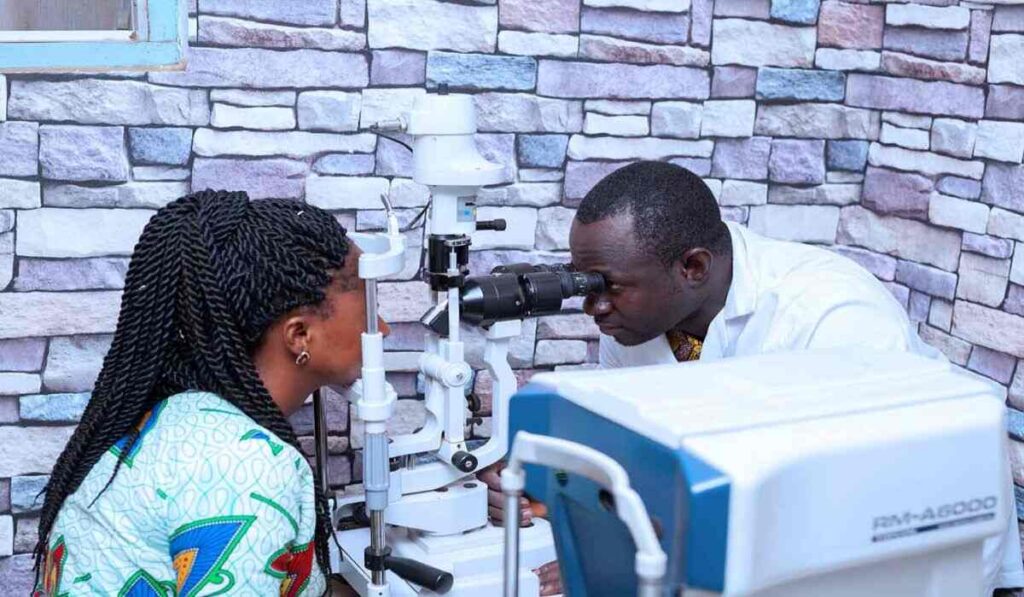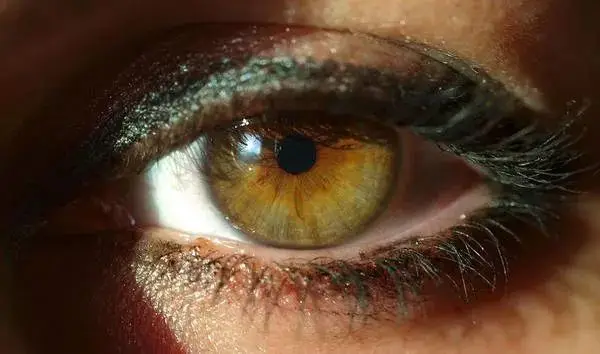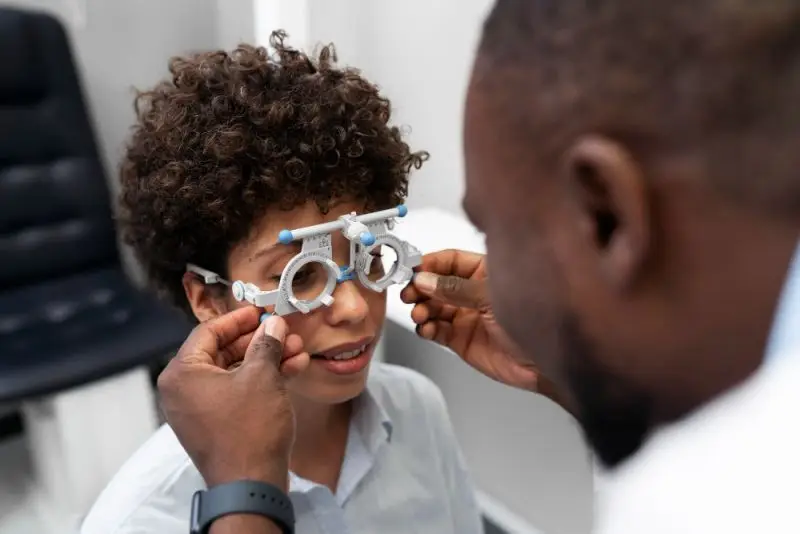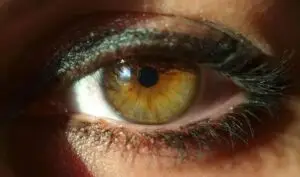If you’ve been searching for the right guide about the treatment of apollo eye disease, this is the right one for you.
As we navigate the complexities of this condition, we’ll explore cutting-edge strategies, innovative treatment options, and the promising outlook for those affected. Join us on this journey to uncover insights that empower and illuminate the path toward optimal eye health.
Talk to Dr. Peter for all your eye care needs: 0235535960
Table of Contents
- Understanding Apollo Eye Disease: Causes, Symptoms, and Diagnosis
- Traditional vs. Modern Approaches to the Treatment of Apollo Eye Disease
- Medication Management in Apollo Eye Disease Treatment: What You Need to Know
- Complementary Therapies and Lifestyle Changes to Support Apollo Eye Disease Treatment
- Looking Towards the Future: Promising Research and Breakthroughs in Apollo Eye Disease Treatment
- Conclusion about the Treatment of Appollo Eye Disease
Understanding Apollo Eye Disease: Causes, Symptoms, and Diagnosis

Apollo eye disease, also known as Apollo retinopathy, is a rare condition that affects the eyes. Understanding the causes, symptoms, and diagnosis of this disease is crucial for early detection and proper management.
Causes of Apollo eye disease can vary, but it is often associated with genetic factors or underlying health conditions. Symptoms may include blurred vision, light sensitivity, and color perception changes. In some cases, patients may experience pain or discomfort in the eyes.
Diagnosing Apollo eye disease typically involves a comprehensive eye examination by an ophthalmologist. This may include visual acuity tests, retinal imaging, and other specialized tests to assess the extent of retinal damage.
Early detection of Apollo eye disease is essential for preventing further vision loss and complications. If you experience any unusual changes in your vision or eye health, it is important to consult with an eye care professional promptly for proper evaluation and management.
Traditional vs. Modern Approaches to the Treatment of Apollo Eye Disease
Traditional vs. Modern Approaches to Treating Apollo Eye Disease
When it comes to treating Apollo eye disease, there are two main approaches: traditional and modern. Traditional treatments have been used for centuries, relying on natural remedies and ancient practices. On the other hand, modern treatments leverage cutting-edge technology and scientific advancements to provide more effective solutions.
Traditional treatment for Apollo eye disease often involves herbal remedies, dietary changes, and lifestyle modifications. These methods focus on restoring balance to the body and improving overall health to alleviate symptoms of the disease. While some people swear by these traditional treatments, others may find them lacking in scientific evidence and consistency.
In contrast, modern Apollo eye disease treatments utilize state-of-the-art medical interventions such as laser therapy, medication, and surgical procedures. These treatments are backed by rigorous research and clinical trials, offering targeted solutions that directly address the underlying causes of the disease. While modern approaches may come with higher costs and potential side effects, they often provide faster and more reliable results.
Ultimately, the choice between traditional and modern approaches to treating Apollo eye disease depends on individual preferences, beliefs, and medical needs. It is essential to consult with a healthcare professional to determine the most suitable treatment plan that aligns with your goals for managing this condition effectively.
Medication Management in Apollo Eye Disease Treatment: What You Need to Know
Medication plays a crucial role in the treatment of Apollo eye disease, and proper management is essential for effective results. Patients with Apollo eye disease often require a combination of medications to manage symptoms and slow down the progression of the condition.
The primary goal of medication management in Apollo eye disease treatment is to reduce inflammation, control intraocular pressure, and prevent further damage to the optic nerve. Various medications are used in the drug therapy for Apollo eye disease, including anti-inflammatory drugs, corticosteroids, and intraocular pressure-lowering agents.
It is important for patients to follow their prescribed medication regimen diligently and attend regular follow-up appointments with their healthcare provider. Adherence to medication schedules is critical in managing Apollo eye disease effectively and preventing complications.
Patients should also be aware of potential side effects associated with their medications and report any adverse reactions to their healthcare provider promptly. Open communication with healthcare professionals is key to ensuring that medication management aligns with individual needs and optimizes treatment outcomes.
In conclusion, proper medication management is essential in the comprehensive care plan for individuals with Apollo eye disease. By staying informed about medications used in treatment, adhering to prescribed regimens, and maintaining open communication with healthcare providers, patients can better manage their condition and improve quality of life.
Complementary Therapies and Lifestyle Changes to Support Apollo Eye Disease Treatment

Complementary therapies and lifestyle changes play a crucial role in supporting the treatment of Apollo eye disease. While medical interventions are essential, incorporating holistic approaches can enhance the overall well-being of individuals dealing with this condition.
When it comes to managing Apollo eye disease, complementary therapies such as acupuncture, herbal medicine, and nutritional supplements have shown promising results in alleviating symptoms and improving visual health. These alternative treatments can work alongside conventional medical treatments to provide a more comprehensive approach to care.
In addition to complementary therapies, making certain lifestyle changes can also significantly impact the management of Apollo eye disease. Simple adjustments such as maintaining a healthy diet rich in antioxidants, regular exercise to improve circulation, adequate rest for eye health, and stress management techniques can all contribute to better outcomes for individuals with this condition.
Taking a holistic approach that combines traditional medical treatments with complementary therapies and lifestyle modifications can empower individuals to take charge of their health and well-being when dealing with Apollo eye disease. By addressing the physical, emotional, and spiritual aspects of health, individuals can optimize their treatment plan and enhance their quality of life.
Also read: Dexatrol Eye Drops: The Solution to Dry and Irritated Eyes
Looking Towards the Future: Promising Research and Breakthroughs in Apollo Eye Disease Treatment
Looking Towards the Future: Promising Research and Breakthroughs in Apollo Eye Disease Treatment
As we navigate the ever-evolving landscape of medical advancements, one area that holds great promise is the treatment of Apollo Eye Disease. Researchers and scientists are making significant strides in developing innovative therapies that could potentially revolutionize how we approach this complex condition.
Recent studies have shown promising results in utilizing gene therapy to target specific genetic mutations associated with Apollo Eye Disease. By addressing the root cause at a genetic level, researchers are hopeful that this approach could lead to more effective and long-lasting treatments for patients.
Another exciting breakthrough comes in the form of personalized medicine, where treatments are tailored to individual patients based on their unique genetic makeup and disease characteristics. This personalized approach not only enhances treatment efficacy but also minimizes potential side effects, offering new hope for those affected by Apollo Eye Disease.
Furthermore, advancements in stem cell research have opened up new possibilities for regenerative therapies that could repair damaged tissues in the eye. These cutting-edge techniques show great potential in restoring vision and improving quality of life for individuals living with Apollo Eye Disease.
As we look towards the future, it is clear that the field of Apollo Eye Disease treatment is brimming with optimism and innovation. With continued research efforts and collaboration among experts worldwide, we are inching closer to transforming the lives of patients battling this challenging condition. Stay tuned for more updates on these groundbreaking developments as we strive towards a brighter future for those affected by Apollo Eye Disease.
Conclusion about the Treatment of Appollo Eye Disease
In conclusion, the treatment of apollo eye disease requires a comprehensive approach that encompasses innovative treatments, proactive strategies, and ongoing support.
By staying informed, advocating for personalized care, and embracing the promising outlook ahead, individuals affected by this condition can embark on a journey toward better treatment of apollo eye disease and improved eye health and a brighter future.
Feel free to contact us for the best eye care services in Ghana.





